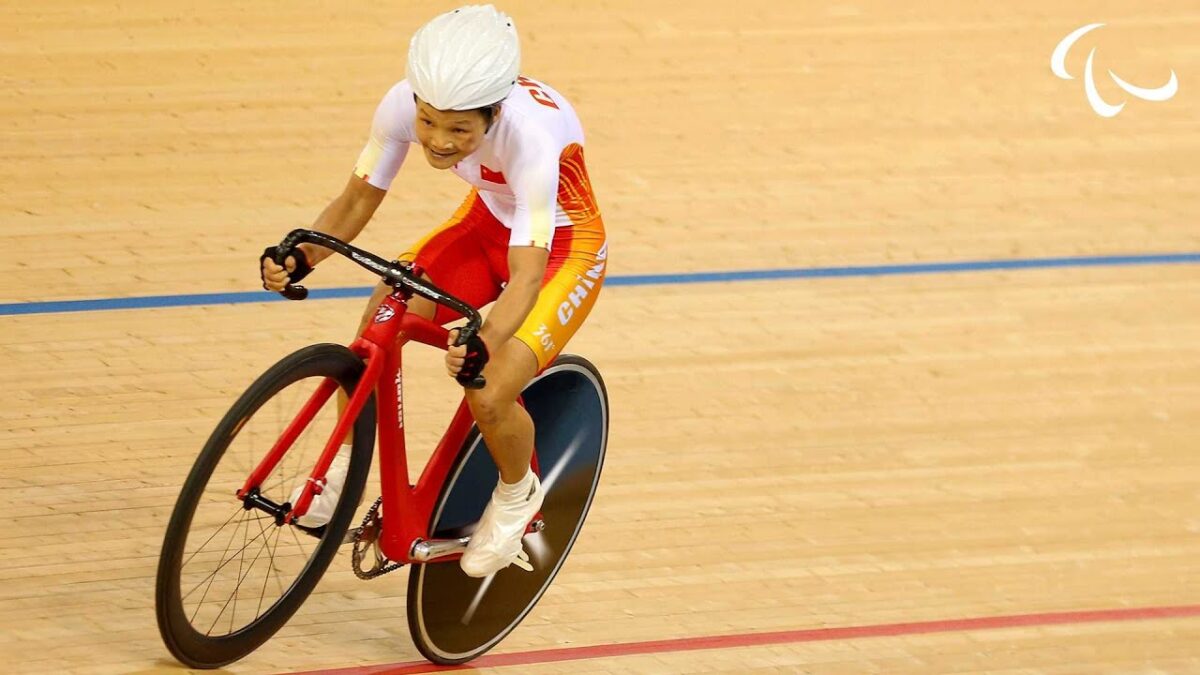Para-cycling is basically the game of cycle adapted especially for cyclists with different physical disabilities. It’s governed by the Union Cycliste Internationale (UCI). The sport consists of around 7 different events including road cycle racing, indoor track cycling, mountain bike racing, cross-country mountain biking, time trial biking, Olympic track cycling, and water sport. Many of the games and competitions are open to the public.
There are two distinct kinds of para-cycling: free and assisted. In the free category, there are two-person teams that have riders assigned to them. In the assisted category, there are two people on each team, but only one person is towed by a motorbike instead of two. Each of the rider’s tasks is to complete the courses within the time limit and the teams with the most helpers win the games. The point system is same in both the cases.
Many cyclists are taking part in the Olympics in 2012 in London. One of those cyclists is Danish rider Henrik Flodmark, who won the gold medal in the individual time trial stage. He is now preparing for the worlds in China this year. Well, the Paralympic games in 2011 will also be a big challenge for Danish players so I’ll have to see if he will participate in both of them.
Some other players who will be taking part in the worlds in 2011 are Britain’s Matt Guy and Spain’s Andres Guardado. Actually, I believe that Spain has the best team in the world at the moment. Spain has many great athletes like Guardado and Matt Guy. I’m sure we’ll see a lot of Brits in the same games though because they really like to para-cycle. I remember seeing the Brits at a cycling event in Japan a while ago and I didn’t know why. Maybe they’re practicing their English.
The best part about the podium girls in the world championships is that they get to wear recycled materials. The other countries don’t do that so it is a good chance for other countries to get inspiration. Also, if we look at roskilde 2011, Denmark has really improved their water-recycling a lot and it’s a good thing to see.
At the end of the day, I think we should take a look at how we’re allowing our sports persons to perform in sport. We are allowing athletes to go overboard with their performance enhancing drugs. I mean, you know what? They don’t even use their own body to propel themselves through the course. If they did, they would be much better at paracycling than they are.
As far as the problem goes, well, let me tell you what I went through recently while participating in an exhibition race. A local newspaper came to town and the first thing I noticed was the huge billboard just a few blocks away from where we were standing. It advertised a very popular local TV station and the venue they were having the exhibition race. I didn’t know what to make of that, until later on when I was standing on the edge of the finish line and saw several rows of people there cheering on the Paralympic cyclist.
I then remembered that I was once a competitor myself, but I also noticed that the majority of the audience there were also there because they were watching the Paralympic event. So, it occurred to me and I thought to myself “hey, I’d like to compete and see if I can win some money.” So I went over to the crowd and asked them what they knew about the event and everyone told me about how great it was and how I could do it for them. That’s exactly what happened and I won the gold! So, I think that we need to teach the younger Denmark riders how to prepare and how to perform at these Olympics and the Danish riders should take note from the Paralympic team and learn what is para-cycling.
